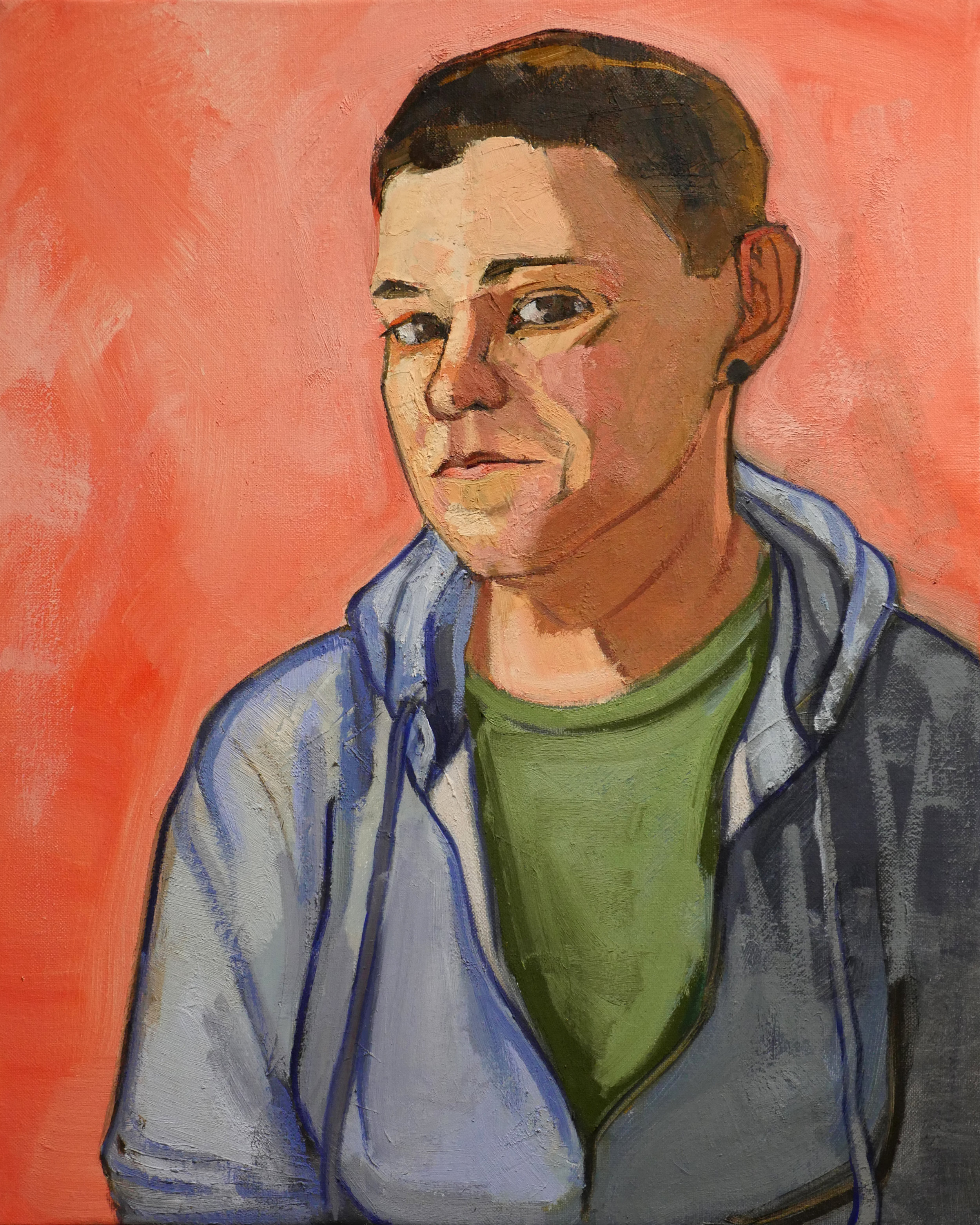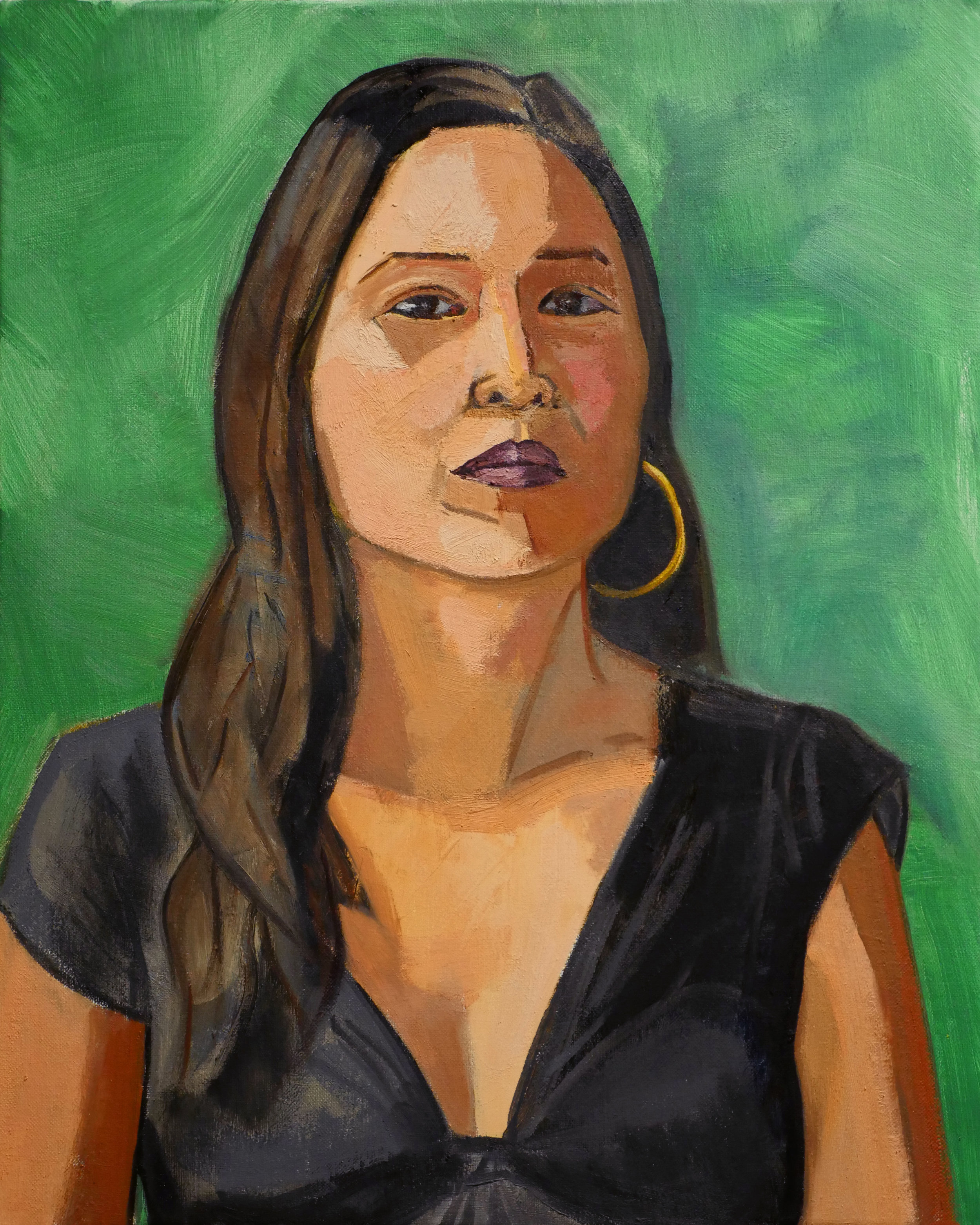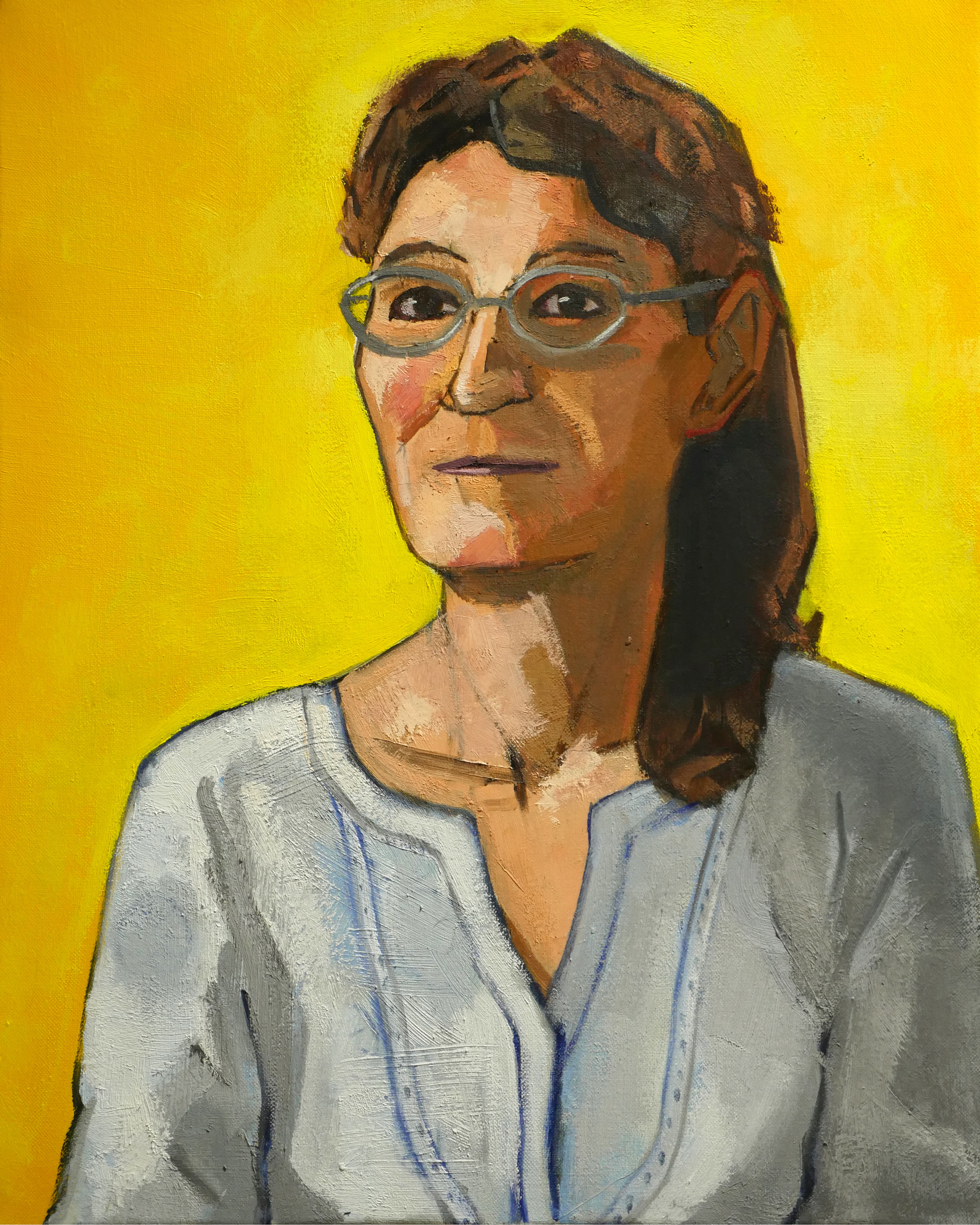Through the artful science of portraiture, The Pedagogy of Teacher Activism presents the stories of four teacher activists―how they are and have become social change agents―to uncover important pedagogical underpinnings of teacher activism. Embedded in their stories are moments of political clarity and consciousness, giving rise to their purpose as teacher activists. The narratives illuminate how both inner passions and those stirred by caring relationships with others motivate their work, while the intentional ways in which they attempt to disrupt power relations give shape to their approaches to teacher activism. Knowing their work will never truly be done and that the road they travel is often difficult, the teacher activists considered here persist because of the hope and possibility that their work might change the world. Like many pre-service educators or undergraduates contemplating teaching as a vocation, these teacher activists were not born ready for the work that they do. Yet by mining their biographical histories and trajectories of political development, this book illuminates the pedagogy of teacher activism that guides their work.
Order your copy today!
“In our popular views and cultural imagery we rarely picture teachers as activists, with voice and agency, with political and ethical commitments that shape their lives both inside and outside the classroom. More often we envision teachers as passive, muted, unimaginative bystanders whose role and power are strictly circumscribed by school policies and bureaucracies. In his insightful and provocative book, Keith Catone offers a counter narrative, composing rich portraits of four teachers with voice and vision, intellect and imagination, who courageously challenge the injustices and inequalities that pervade the structure, culture, curriculum, and pedagogies of the schools they inhabit and the communities they seek to change. ”
“These intricate, irresistible sketches of teachers teaching illuminate the dynamism, complexity, and practical ethics on display daily in hundreds of thousands of public school classrooms. Keith Catone, the teaching artist drawing these portraits, is not alone—each of his subjects is also an active collaborator who comes to life in school as a three-dimensional human being, trembling, approachable, vibrant, and real. We watch these teachers struggling to teach free people for full participation in a democracy in spite of a system that denies them—teachers and students alike—agency and recognition at every turn. We begin to experience teaching for social justice and teacher activism not as the precious province of a distinct or specialized group of people, nor as an add-on to everyday teaching, but rather as a practice inextricably linked to ordinary good work. Here is a pedagogy that foregrounds the arts of liberty—imagination, initiative, courage, curiosity, open investigation—toward the creation of a future fit for all children, a place of joy and justice powered by love. ”
“Against simplistic and caricatured images of “teacher” and “activist” that pervade public discourse come Keith Catone’s timely and inspiring portraits that bring great nuance to the intersection of teacher-activist. For current and aspiring teachers and teacher educators, The Pedagogy of Teacher Activism richly reveals how teaching is transformative precisely as it manifests critical consciousness and community activism. Read this book and reignite your passion to teach towards social justice. ”








